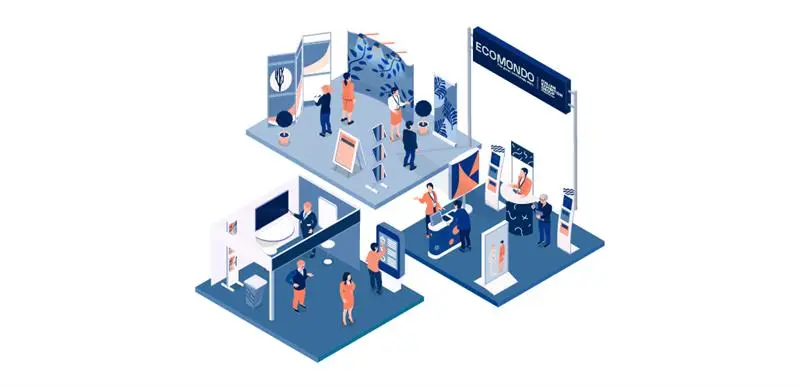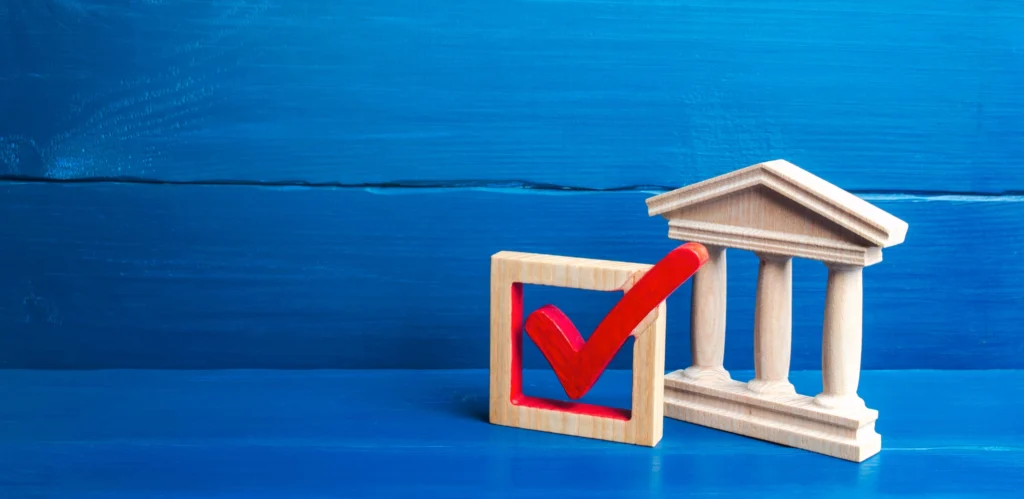Regulation (EU) 2023/1115, known as the EUDR – European Union Deforestation Regulation, represents a paradigm shift for all companies operating along the supply chain of certain key raw materials. Its objective is clear: to prevent products consumed in the European Union from being linked to deforestation, even indirectly.
The regulation will come into force on December 30, 2025 for large companies and on June 30, 2026 for SMEs and microenterprises. This short timeline requires companies to prepare in advance to meet complex and detailed requirements.
Who is affected and why
The EUDR regulation applies to all companies placing on the European market products containing cocoa, coffee, soy, palm oil, beef, wood, or rubber, including their derivatives (chocolate, furniture, leather, paper, etc.).
Knowing the origin of the raw material is not enough: every step in the supply chain must be traceable, documented, and transparent—down to the exact location of agricultural or extractive production.
Due diligence: a de facto obligation
Being “deforestation-free” is not a statement. It is an operational obligation. Companies must build an EUDR due diligence system structured in three phases:
- Collection of mandatory data:
- Exact geographic coordinates
- Customs code
- Quantity and date of production
- Proof of legal origin
- Risk assessment:
- Geographical area of origin
- Deforestation-related risks
- Reliability of documentation
- Corruption level in the country
- Risk mitigation (if the risk is not null):
- Independent audits
- Request for additional documents
- Enhanced controls
Everything must be recorded, stored, and made available to authorities.
Certifications: helpful but not sufficient
A common mistake is to consider certifications (such as FSC, RSPO, Rainforest Alliance) as an automatic guarantee of compliance. They are not. They can support the assessment but in no way replace due diligence. Responsibility remains with the party placing the product on the market.
What non-compliance risks
Penalties for non-compliance with the EUDR Regulation are severe:
- Up to 4% of EU turnover
- Confiscation of products
- Immediate suspension of commercialization
Even a single error in the documentation can compromise the entire commercial transaction. Beyond reputational risk, the economic impact can be devastating.
Why prepare now
Companies that begin now to map their supply chain, digitize information flows, and document each step will be at an advantage.
Anticipating compliance with the EUDR Regulation allows you to:
- Strengthen supplier relationships
- Increase transparency
- Consolidate ESG positioning
- Reduce sanction risk
The integrated approach of Tecno Group and Grimaldi Alliance
Tackling the EUDR requires technical, operational, and legal expertise. A system is needed that connects data, contracts, processes, and responsibilities. For this reason, Tecno Group has chosen not to act alone.
From the partnership with Grimaldi Alliance — an international law firm present in over 70 countries — comes a complete service to support companies in every phase of compliance. A true joint stronghold.
On one side, Tecno Group offers the ability to map the supply chain, gather data, integrate information into company systems, manage due diligence platforms, and also leverage all this from an ESG perspective.
On the other side, Grimaldi Alliance provides the necessary legal support: contract review, regulatory interpretation, multi-jurisdictional coverage and — if required — the assumption of the role of EUDR operator/representative.
This is a partnership that does not merely respond to an obligation. It builds a system to turn it into a concrete opportunity.
Discover our EUDR service
If your company operates with raw materials at risk of deforestation, the time to act is now.
Request a free assessment: we will analyze your case and guide you in building a complete, verifiable, and integrated due diligence system.



